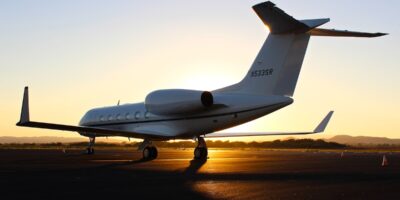The GE9X Engine: A Comprehensive Look
I had the chance to see a GE9X up close during an engine shop tour, and standing next to this thing is genuinely humbling. The fan alone is taller than most people. The GE9X engine, developed by General Electric, represents a significant leap in aviation technology – its specifically designed to power the Boeing 777X series, and understanding what makes it special helps you appreciate where commercial aviation is heading.

Development and Design
In 2012, GE Aviation began working on the GE9X as a successor to the GE90. The main goal was creating a more fuel-efficient and quieter engine – and they succeeded on both fronts. The engineers used the latest materials and techniques in the development process. Probably should have led with this, honestly: the GE9X holds the Guinness World Record for the highest thrust produced by a commercial aircraft engine.
One notable feature is the introduction of composite fan blades made from carbon fiber composite materials, offering enhanced durability and lightness. The engine boasts a 134-inch fan diameter – the largest ever produced for a commercial aircraft.
Advanced Materials
The use of advanced materials is a hallmark of the GE9X design. Ceramic Matrix Composites (CMCs) are used in the turbine to handle higher temperatures than traditional metal alloys. This allows the engine to operate more efficiently and reduces the need for cooling air. Thats what makes this engine endearing to us propulsion enthusiasts – it represents genuine material science breakthroughs.
Future Outlook
The development of the GE9X underscores the trend towards more efficient and eco-friendly engines. This trend is likely to continue shaping the aerospace industry as environmental regulations tighten. Continued research and development efforts by GE Aviation will lead to even more advanced engines in the future. The lessons learned from the GE9X project will inform future designs, pushing the boundaries of whats possible in commercial aviation propulsion.
Related Articles
Continue exploring:



